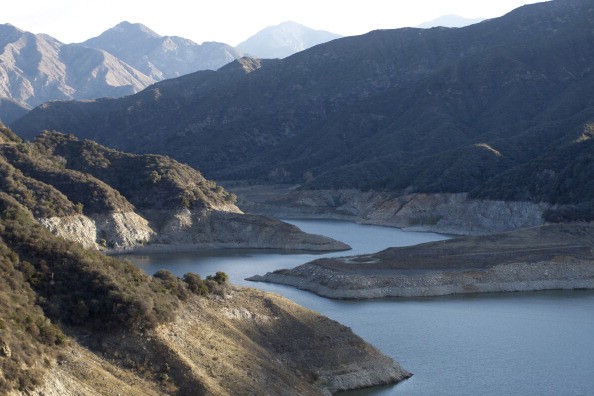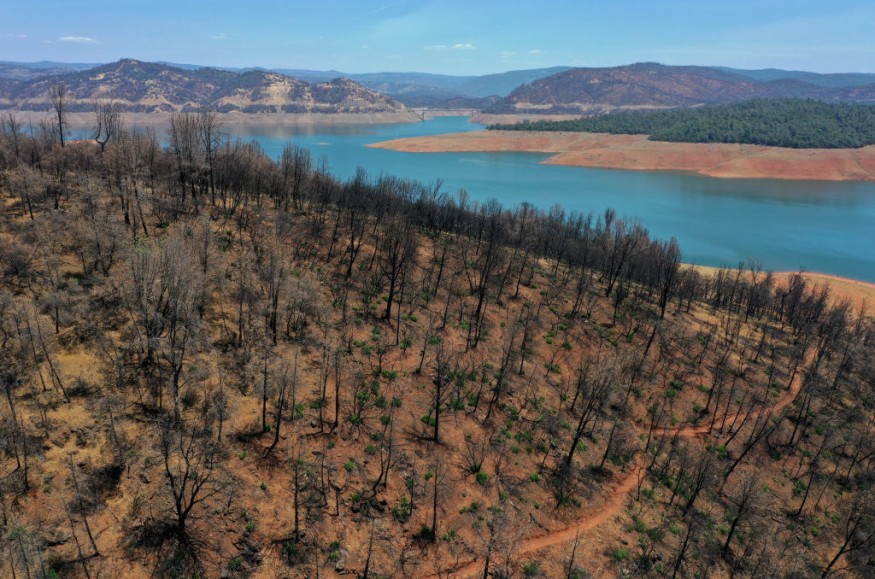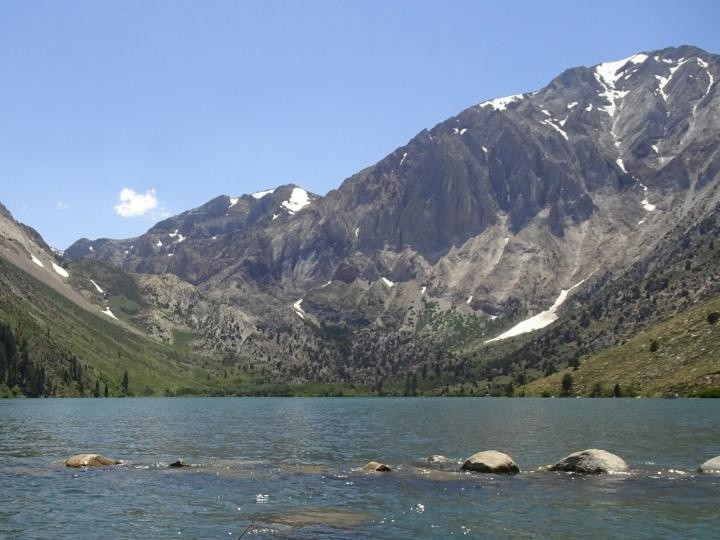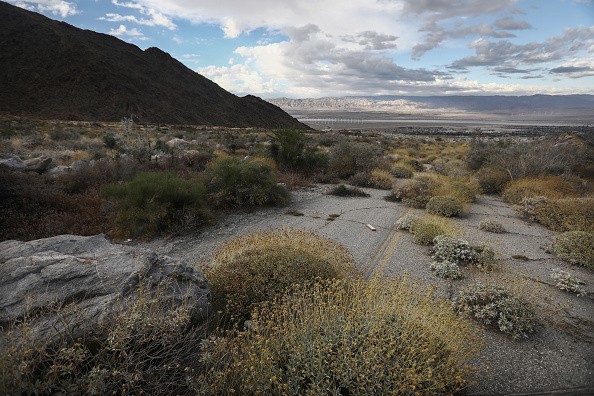

California's policymakers rely on forests and shrublands to remove CO2 from the atmosphere in part to meet an ambitious goal of carbon neutrality by 2045.
Still, researchers at the University of California, Irvine, warn that future climate change may hinder the ecosystem's ability to perform this service.
The UCI Earth system scientists wrote in a paper published today in the American Geophysical Union journal AGU Advances that rising temperatures and unpredictable precipitation will reduce California's natural carbon storage capacity by 16 percent under an extreme climate by nearly 9 percent under a more moderate scenario.
Lead author Shane Coffield, a UCI Ph.D. candidate in Earth system research, said, "This work underscores the challenge that climate change offers to the state of California. We need our forests and other plant-covered regions to provide a 'natural climate solution' by absorbing carbon dioxide from the air, but heat and drought brought on by the exact problem we're attempting to tackle might make achieving our goals more difficult."
Pulling CO2 from the Atmosphere

When trees and plants photosynthesize, they pull CO2 from the atmosphere, and part of it is stored in their biomass or soil. To balance some of the emissions from transportation, electricity generation, and other sources, California's climate policy relies in part on improved carbon storage.
The state hopes that by combining this natural carbon sequestration system with green energy initiatives, it will meet its goal of not adding net carbon to the environment by 2045.
However, the UCI researchers believe that a more aggressive strategy to reducing emissions may be required.
"The emissions scenario we use will have a big impact on our forests' carbon storage capacity," said co-author James Randerson, the Ralph J. and Carol M. Cicerone Chair in Earth System Science at UCI. "When compared to a more harsh emissions scenario, a more moderate emissions scenario in which we switch to more renewable energy sources results in roughly half the ecosystem carbon [sequestration] loss."
Related Article : Satellite Data Shows How Clouds Actually Worsen Global Heating
Monitoring Current Climate Models

Current climate models disagree on California's future precipitation, according to Coffield. Still, the northern half of the state will likely grow wetter, and the southern part will get drier. He also predicted that coastal areas of Central and Northern California and low- and mid-elevation mountain areas, which are home to significant offset projects, will lose part of their carbon sequestration abilities over the next several decades.
Climate Forecast and Prediction
Furthermore, the researchers were able to predict how climate change will affect certain tree species. For example, they indicate that coast redwoods will be restricted to the extreme north of their range by the end of the century and that hotter, drier circumstances would favor oak trees over conifers.
While the research employed statistical modeling to forecast the state's ecosystems' future, it also emphasizes the relevance of current drought and wildfire as important mechanical drivers of carbon sequestration losses.
According to other research, the Sierra Nevada drought destroyed more than 40% of ponderosa pines between 2012 and 2015. Another problem raised by the researchers is the loss of trees as California's wildfire situation worsens.
For more news update about Environmental Action, don't forget to follow Nature World News!
© 2026 NatureWorldNews.com All rights reserved. Do not reproduce without permission.





